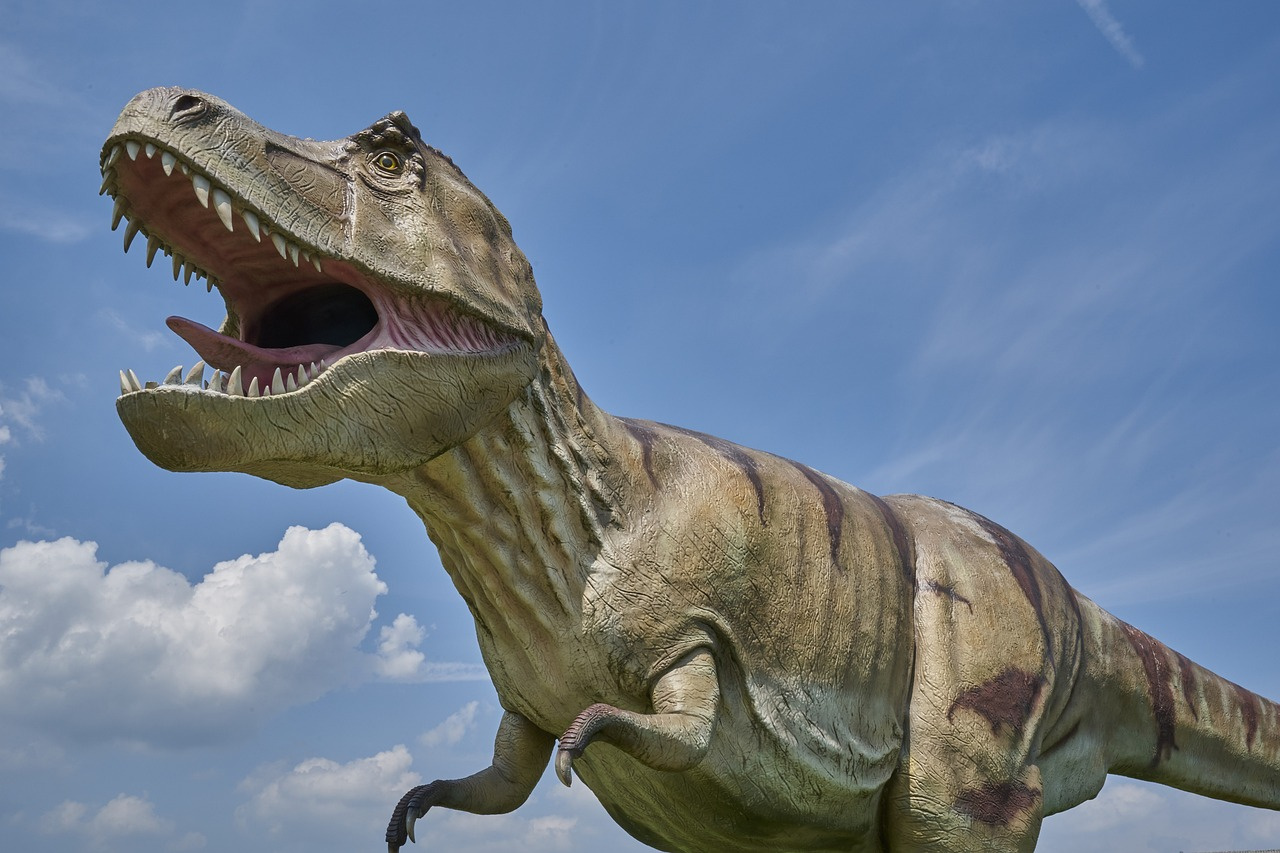I used to go ice fishing in the lake behind my parent's house starting when I was about 10 years old. Some years I could get on right after Thanksgiving and last ice was usually the end of March. Then as years have gone by, I could get on between Christmas and New Years and last ice was mid-March. Now, in the past 10 years, I haven't been able to get on the ice until mid-late January and last ice is first of March. The past 2 years, the lake has not frozen over completely. Several people have fallen through and drown.
I've also had to mow my lawn around Thanksgiving that past couple years. We used to stop mowing in late September.
And, we've had extensive fruit damage in spring because things warm up so early that the fruit buds, but we get some late freezes and that nips that in the bud, so to speak.
Spring is about 4 weeks earlier and fall lasts about 4 weeks longer. Winter seems about 6 weeks shorter in total.
I use less and less firewood to heat the house since I installed the woodburner 15 years ago. It's just not as cold.
I only shoveled/plowed the driveway three times last winter and twice the winter before that. It used to be an almost weekly chore.
So, yes, I see evidence of something changing here in the past 50 years.




